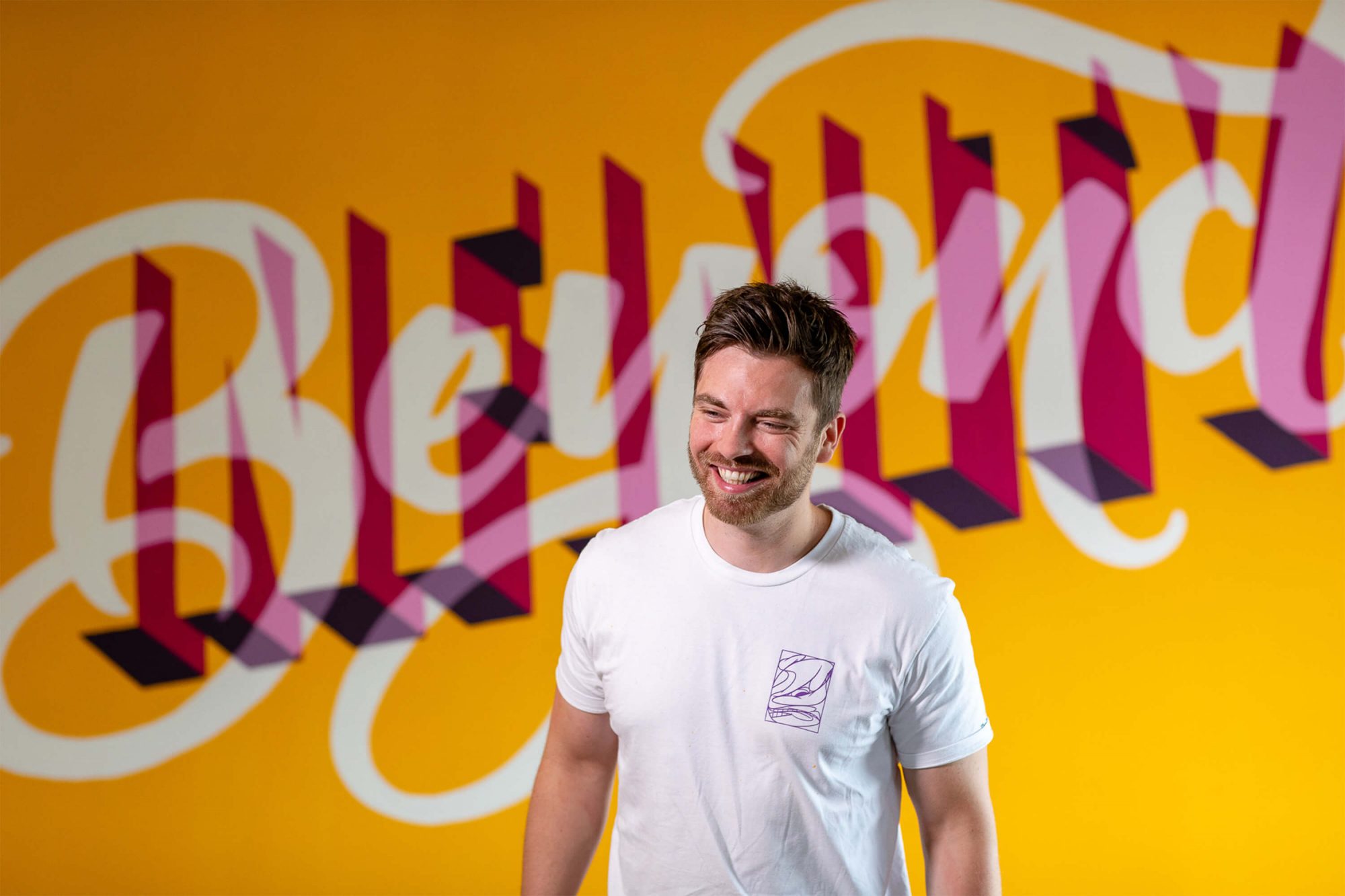Personal branding -when done right- can be one of the most powerful career tools in your arsenal. Learn how to get started.
Branding is everywhere, absolutely everywhere. It affects our lives without us even knowing, the car (or bike) you drive, the shoes you put on in the morning, the screen you’re viewing this on probably has a logo underneath.
In the past decade or so, boosted by the rise of social media, in particular LinkedIn, personal branding has become mainstream. Even if you’re not aware of it, you will almost certainly have been swayed by personal branding. Gary Vaynerchuk, Neil Patel, Oprah Winfrey. When you hear these names you don’t just see their face, you hear their voice, you feel their personality. That’s branding.
Personal branding is what helped brands like Tesla and Apple skyrocket to where they are now and it’s definitely part of the reason why Gymshark is the behemoth it is today. People relate much more to people than to companies, which is why it is no coincidence that the majority of the world’s most successful companies usually have a recognisable face behind them.
Developing your own personal brand might seem intimidating, but there are a number of steps you can take to start building your own unique personal brand.
At this point we’d like to mention The Marketing Meetup Webinar that we attended last year and gave us some of the tips we’ve used in this blog. It was with personal branding agency Great Influence, who shared some brilliant snippets that we just had to share!
1. Think about why you’re doing what you’re doing.
There’s a reason why you’re in the career you’re in, at the company you’re at, or doing what you’re doing. Are you in it to solve your customers problems? To make the world a better place? Or maybe just to shake up the market?
If you don’t know why you’re doing what you’re doing, it’s going to be incredibly difficult to stay consistent in your messaging. Start by asking yourself what motivates you, what you’re good at, and what you’re most often complimented for. Once you know this, you’ll have a better idea of the value that your personal brand can bring to the world.
2. Overcome the fear
If you genuinely believe that you have something valuable to say, chances are somebody else will think so too. It’s completely natural to be scared, but the key thing to do is to push past that fear to get your thoughts and voice out there, it will only get easier with time.
Why not try it for 30 days to start with? Then evaluate the feedback, the way it made you feel, and the reception you received to make a decision on whether or not to continue. It’s important not to give up too soon though!
Creating impact takes time, and perhaps more importantly, consistency.
3. Choose your niche
The key here is to pick 2-4 things you can talk about forever and make that your focus. When we say forever, we mean forever. B2B Marketing? Finance Automation? It doesn’t matter what it is. As long as you’re authentic, and can go on and on and on and on about it, you’ll find your people.
Just make sure you have enough ideas to talk about well into the future. If you don’t think you could still be talking about this in five years’ time, try to think about something else. Because once your thought well dries up and you run out of things to talk about, your audience will move elsewhere.
4. Evaluate your skillset
When it comes to building a personal brand, it’s all about the way you come across to your audience. In order to come across as enthusiastic, knowledgeable and charismatic, there are a number of key skills that can help.
i. Copywriting
Good copy is paramount to creating likeable, shareable content that your audience will keep coming back for. Big blocks of text, long sentences and bland language will instantly put your audience off.
If you’re struggling, online software such as Grammarly and Hemingway can help you to cut down your sentences, increase readability and even tailor your tone of voice. We use them all the time!
ii. Researching
We talked about not running out of things to talk about, and a huge part of that is being great at researching those topics. There’s an unimaginable amount of information out there on the internet, you just need to find it.
Even more importantly you need to find it before your competition. If you’re not one of the first 5 people to talk about a new development within your niche area, your audience will probably have already heard about it, and will be much less likely to interact with your content.
iii. Storytelling
Similar to copywriting, good storytelling skills can get you extremely far on LinkedIn. Nobody wants to read a simple fact or figure (well okay some people do) but presented as part of a story, a piece of information becomes far more memorable.
Plus, if you missed the hype train and you’re a little late to a particular topic of conversation, just remember; your content might not be the first out there, but it can be the best!
iv. Observation
The final key skill is observation. If you are constantly aware of what is going on in the world around you, you’ll be able to form your own unique narrative and opinions on the topic. And that’s what people will flock to you for!
5. Be in it for the long haul
Rome wasn’t built in a day, and your brand won’t be either. In fact, it could take months or even years until you start seeing serious growth, and this is just the beginning.
You need to be prepared to devote a good 10, 15 or even 20 years to being the voice of your industry, your company or your personal brand. But it’s this dedication, time and leadership that will help you be the best at what you do.
6. Don’t get trapped in social media stats
LinkedIn, like any other social media, runs on interactions. Likes, shares, comments… they’re all great at letting you know that your messages are landing with your audience, but it’s important not to get sucked in. After all, it’s about building your business and increasing your opportunities, not vanity likes.
And lastly, don’t get too caught up with comparing yourself with others. You are you, that’s why your audience comes to you, and that’s where your value lies.
Just because somebody else has more followers, or gets more likes, doesn’t mean they’re better than you. You are your own unique self and that’s great!

